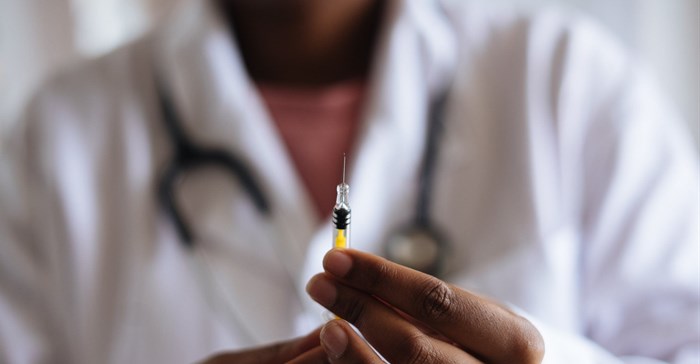South African High Court orders release of secret vaccine contracts

This move not only sets a precedent within Africa but also highlights South Africa's potential to become the first African nation to share crucial information that has largely remained inaccessible to most countries, as revealed by a report from Transparency International.
The Health Justice Initiative (HJI) initiated legal action in this regard.
"This is a massive victory for transparency and accountability. The contracts concern substantial public funds, and the contracting process has been marred by allegations that the government procured vaccines at differential, comparatively inflated prices, and that the agreements may contain onerous and inequitable terms including broad indemnification clauses, export restrictions and non-refundability clauses," the HJI said in a media statement.
In July 2021, a request was made under the Promotion of Access to Information Act due to the significant importance of vaccine contracts during the Covid-19 pandemic. This request was prompted by the substantial funding allocated for vaccines and the public's anxiety surrounding them during lockdown. The goal was to make these contracts public because they had been kept confidential, and it was deemed to be in the public's interest to have access to this information.
Demand for contract transparency
Marlise Richter senior researcher at the HJI said the organisation was seeking transparency over which contracting parties had entered into binding agreements with the SA government.
“That’s been confidential. We don’t actually know who government had contracted with. We assumed, because we got vaccines from Pfizer and Johnson & Johnson that they would be some of the contracting parties, but there might be others as well,” Richter said.
She mentioned that the Health Justice Initiative (HJI) was pursuing clarification regarding several aspects. These include the amount South Africa paid, the contract terms and conditions, and the complete indemnity the government assumed from the pharmaceutical companies. She explained that having this information would shed light on whether South Africa is permitted to donate or sell surplus vaccines and if the country has any options for recourse in situations where pharmaceutical companies deliver vaccines later than expected.
Clarity for pandemic preparedness
The information, once provided, will carry forward the lessons learned from the Covid-19 pandemic, Richter said. “It highlights that public trust in government and their decisions regarding pandemic management is closely tied to the availability of information. In essence, transparency and access to information are crucial for building and maintaining trust in government actions during health crises like the pandemic.
“We believe that these principles should inform our pandemic preparedness.”
Adds Richter, “We would hope that other countries, other jurisdictions, will be motivated by this case to also take action to find their contracts.”
A report by Transparency International shows only about 10% of countries have been able to access the contracts that have been signed with vaccine manufacturers.
The Department of Health's sole response thus far has been an indication that they will “study the judgment and respond in due course”.
It is due to make available all the records HJI requested within the time period set out in the judgment (10 court days from 17 August 2023).
Related
Trump administration begins controversial $11.4bn Covid-19 funding withdrawal 26 Mar 2025 Historic first: Africa hosts Inclusive Health Research Awards 25 Oct 2024 Gilead to donate remdesivir for emergency use against Marburg disease in Rwanda 4 Oct 2024 Zuckerberg regrets bowing to government pressure on Covid-19 censorship 30 Aug 2024 Switch Energy Drink launches New Vita C Range for immune support: Same taste, new look 24 Jul 2024 Europe: Covid-19 contract-transparency ruling fails to cloud Von der Leyen's future 18 Jul 2024




























